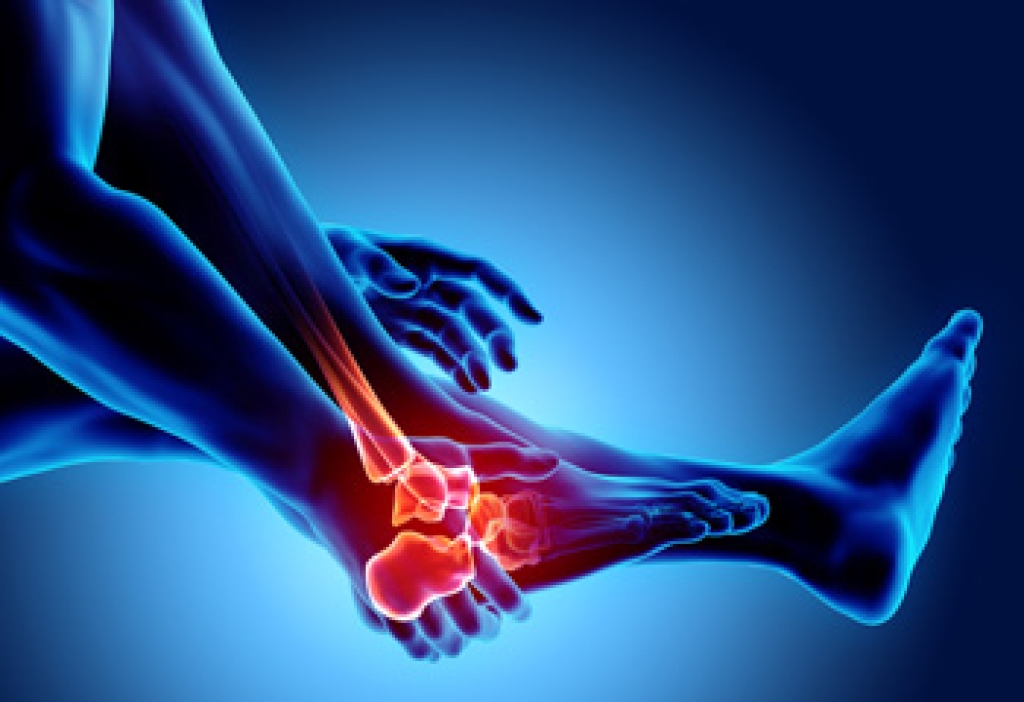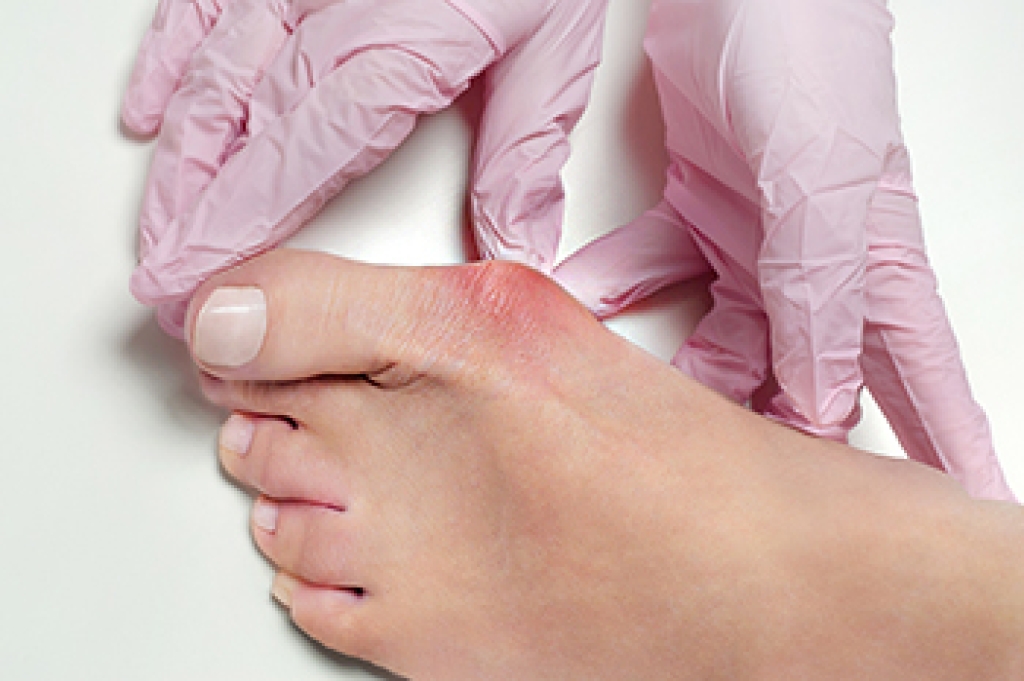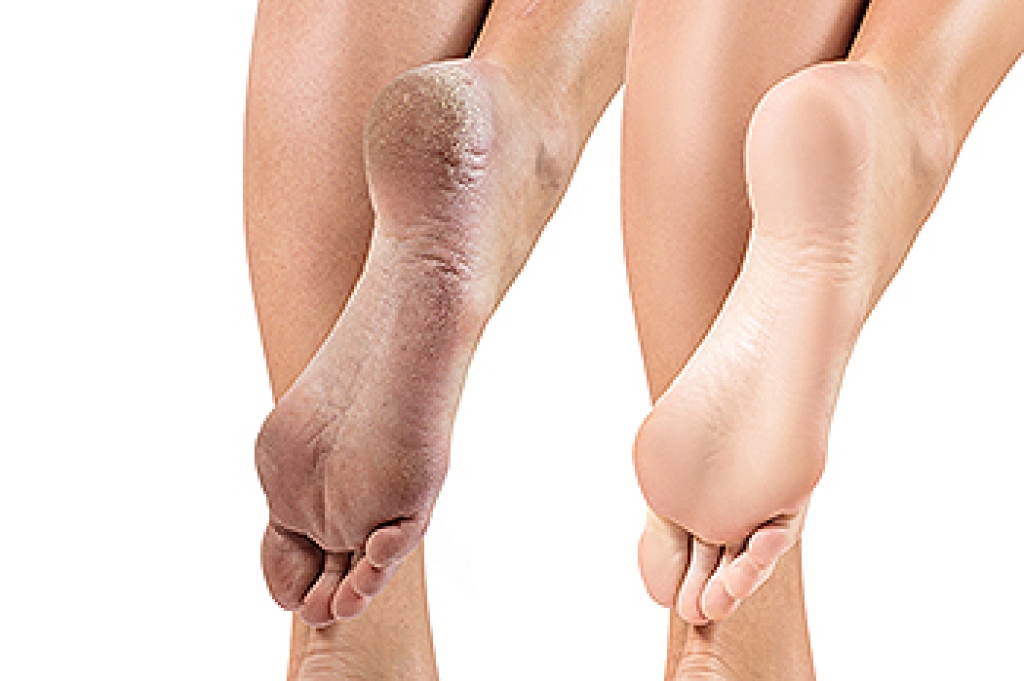Blog
Causes of Foot Stress Fractures

Foot stress fractures are small cracks in the bones of the foot caused by repeated pressure or overuse. Unlike acute fractures, they develop gradually and often begin with mild discomfort that worsens over time. Symptoms include localized pain, swelling, and tenderness that increase with activity. These fractures are common in repetitive running activity, and are often called march fractures because they frequently occur among newly recruited soldiers during intense training. A podiatrist can diagnose stress fractures through an examination and imaging tests, provide proper rest and support, and recommend footwear or custom orthotics to reduce pressure on the foot. If you have persistent foot pain, it is suggested that you consult a podiatrist who can accurately diagnose and treat what the problem.
Activities where too much pressure is put on the feet can cause stress fractures. To learn more, contact Jennifer Swan, DPM from Right Step Foot Care. Our doctor can provide the care you need to keep your pain free and on your feet.
Dealing with Stress Fractures of the Foot and Ankle
Stress fractures occur in the foot and ankle when muscles in these areas weaken from too much or too little use. The feet and ankles then lose support when walking or running from the impact of the ground. Since there is no protection, the bones receive the full impact of each step. Stress on the feet can cause cracks to form in the bones, thus creating stress fractures.
What Are Stress Fractures?
Stress fractures occur frequently in individuals whose daily activities cause great impact on the feet and ankles. Stress factors are most common among:
- Runners
- People affected with Osteoporosis
- Tennis or basketball players
- Gymnasts
- High impact workouts
Symptoms
Pain from the fractures occur in the area of the fractures and can be constant or intermittent. It will often cause sharp or dull pain with swelling and tenderness. Engaging in any kind of activity which involves high impact will aggravate pain.
If you have any questions please contact our office located in Westerville, OH . We offer the newest diagnostic and treatment technologies for all your foot and ankle needs.
Understanding Bunions and When Surgery May Be Needed

A bunion is a bony bump that forms on the joint at the base of the big toe, as the top of the toe leans inward. It may appear red, swollen, and feel painful or stiff, especially when walking or wearing tight shoes. Common causes include inherited foot structure, arthritis, or wearing narrow footwear. Symptoms range from mild discomfort to persistent pain, limited movement, and visible deformity. A podiatrist can diagnose a bunion through a physical exam and X-rays. Non-surgical treatments include custom orthotics, padding, anti-inflammatory medication, or shoe modifications to relieve pressure. If conservative methods fail and pain interferes with daily life, surgery may be considered. Surgical benefits include pain relief and improved foot alignment, but risks may include infection, nerve damage, or a lengthy recovery. Every case is unique, and a podiatrist can help determine the best course of action. It is suggested that you make an appointment with a podiatrist for proper evaluation and care.
If you are suffering from bunions, contact Jennifer Swan, DPM of Right Step Foot Care. Our doctor can provide the care you need to keep you pain-free and on your feet.
What Is a Bunion?
A bunion is formed of swollen tissue or an enlargement of boney growth, usually located at the base joint of the toe that connects to the foot. The swelling occurs due to the bones in the big toe shifting inward, which impacts the other toes of the foot. This causes the area around the base of the big toe to become inflamed and painful.
Why Do Bunions Form?
Genetics – Susceptibility to bunions are often hereditary
Stress on the feet – Poorly fitted and uncomfortable footwear that places stress on feet, such as heels, can worsen existing bunions
How Are Bunions Diagnosed?
Podiatrists often perform two tests – blood tests and x-rays – when trying to diagnose bunions, especially in the early stages of development. Blood tests help determine if the foot pain is being caused by something else, such as arthritis, while x-rays provide a clear picture of your bone structure to your provider.
How Are Bunions Treated?
- Refrain from wearing heels or similar shoes that cause discomfort
- Select wider shoes that can provide more comfort and reduce pain
- Anti-inflammatory and pain management drugs
- Orthotics or foot inserts
- Surgery
If you have any questions, please feel free to contact our office located in Westerville, OH . We offer the newest diagnostic and treatment technologies for all your foot care needs.
How Contagious Is Athlete’s Foot?

Athlete’s foot is a fungal infection that spreads easily from person to person and through contaminated surfaces. The fungi that cause the infection thrive in warm, moist environments, such as locker rooms, public showers, and inside of shoes. Walking barefoot on damp floors or sharing towels, socks, or footwear can quickly spread the fungus. Even tiny flakes of infected skin can contain spores that linger on floors or carpets and lead to reinfection. Scratching the affected skin can also transfer the fungus to other parts of the foot or between the toes. A podiatrist can confirm an athlete's foot infection through examination and testing, prescribe antifungal medication, and recommend ways to prevent recurrence. Keeping the feet dry and clean, wearing flip-flops in public showers, and avoiding shared items can help reduce transmission. If you have an athlete's foot infection, it is suggested that you make an appointment with a podiatrist for a diagnosis and treatment.
Athlete’s foot is an inconvenient condition that can be easily reduced with the proper treatment. If you have any concerns about your feet and ankles, contact Jennifer Swan, DPM from Right Step Foot Care. Our doctor will treat your foot and ankle needs.
Athlete’s Foot: The Sole Story
Athlete's foot, also known as tinea pedis, can be an extremely contagious foot infection. It is commonly contracted in public changing areas and bathrooms, dormitory style living quarters, around locker rooms and public swimming pools, or anywhere your feet often come into contact with other people.
Solutions to Combat Athlete’s Foot
- Hydrate your feet by using lotion
- Exfoliate
- Buff off nails
- Use of anti-fungal products
- Examine your feet and visit your doctor if any suspicious blisters or cuts develop
Athlete’s foot can cause many irritating symptoms such as dry and flaking skin, itching, and redness. Some more severe symptoms can include bleeding and cracked skin, intense itching and burning, and even pain when walking. In the worst cases, Athlete’s foot can cause blistering as well. Speak to your podiatrist for a better understanding of the different causes of Athlete’s foot, as well as help in determining which treatment options are best for you.
If you have any questions please feel free to contact our office located in Westerville, OH . We offer the newest diagnostic and treatment technologies for all your foot and ankle needs.
What Causes Cracked Heels?

Cracked heels occur when the skin on the heels becomes dry, thick, and splits, often causing pain or bleeding. Common causes include walking barefoot, wearing open back shoes, using harsh soaps, vitamin deficiencies, in addition to fungal infections, or underlying conditions such as thyroid disorders. These factors can weaken the skin’s natural barrier, leading to rough and painful fissures. Proper foot care is essential to restore moisture and prevent infection. A podiatrist can evaluate the cause, remove thickened skin safely, and recommend treatments such as moisturizing creams or custom orthotics. Do not ignore painful or unsightly cracks on your heels as they can become worse, possibly leading to an infection. If you have this condition, it is suggested that you schedule an appointment with a podiatrist who can offer effective treatment solutions, which may include prescribed medication.
Cracked heels are unsightly and can cause further damage to your shoes and feet. If you have any concerns, contact Jennifer Swan, DPM from Right Step Foot Care. Our doctor can provide the care you need to keep you pain-free and on your feet.
Cracked Heels
Cracked heels appear unappealing and can make it harder for you walk around in sandals. Aside from looking unpleasant, cracked heels can also tear stockings, socks, and wear out your shoes. There are several methods to help restore a cracked heel and prevent further damage.
How Do You Get Them?
Dry skin is the number one culprit in creating cracked heels. Many athletes, walkers, joggers, and even swimmers suffer from cracked heels. Age and skin oil production play a role to getting cracked heels as well.
Promote Healing
Over the counter medicines can help, especially for those that need instant relief or who suffer from chronic dry feet.
Wear Socks – Wearing socks with medicated creams helps lock in moisture.
Moisturizers – Applying both day and night will help alleviate dryness which causes cracking.
Pumice Stones – These exfoliate and remove dead skin, which allows for smoother moisturizer application and better absorption into the skin.
Change in Diet
Eating healthy with a well-balanced diet will give the skin a fresh and radiant look. Your body responds to the kinds of food you ingest. Omega-3 fatty acids and zinc supplements can also revitalize skin tissue.
Most importantly, seek professional help if unsure how to proceed in treating cracked heels. A podiatrist will help you with any questions or information needed.
If you have any questions, please feel free to contact our office located in Westerville, OH . We offer the newest diagnostic and treatment technologies for all your foot care needs.

